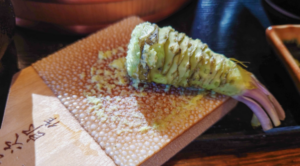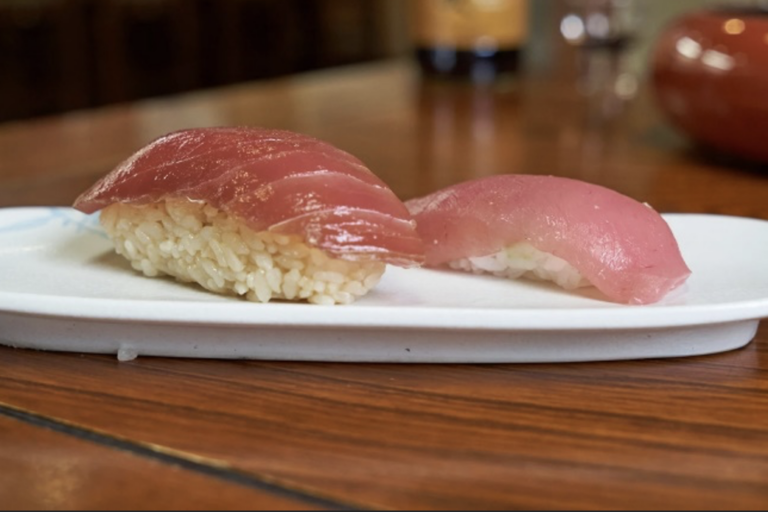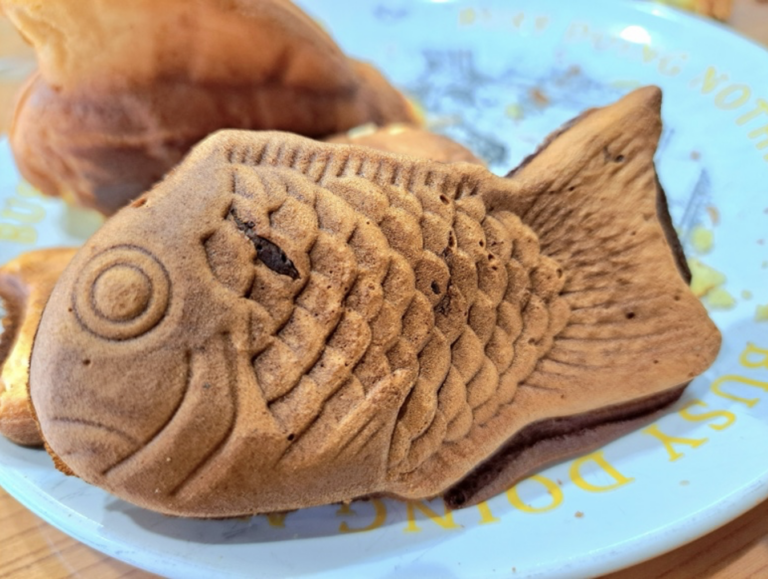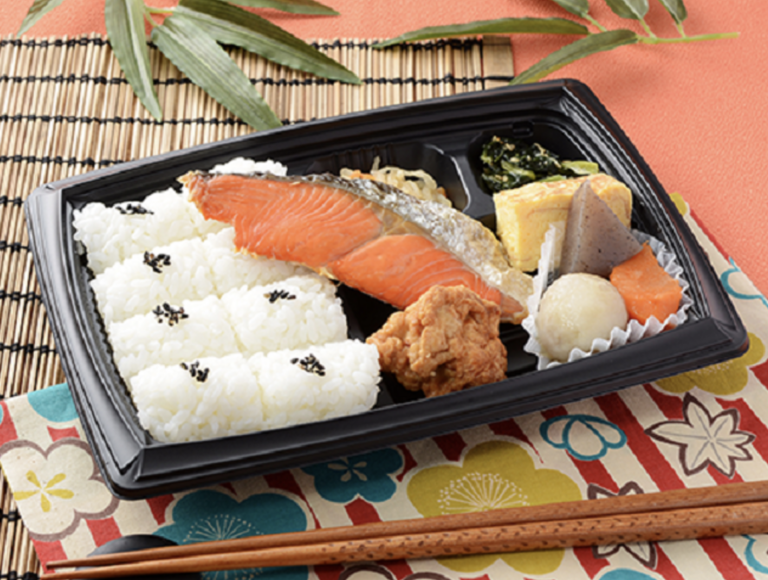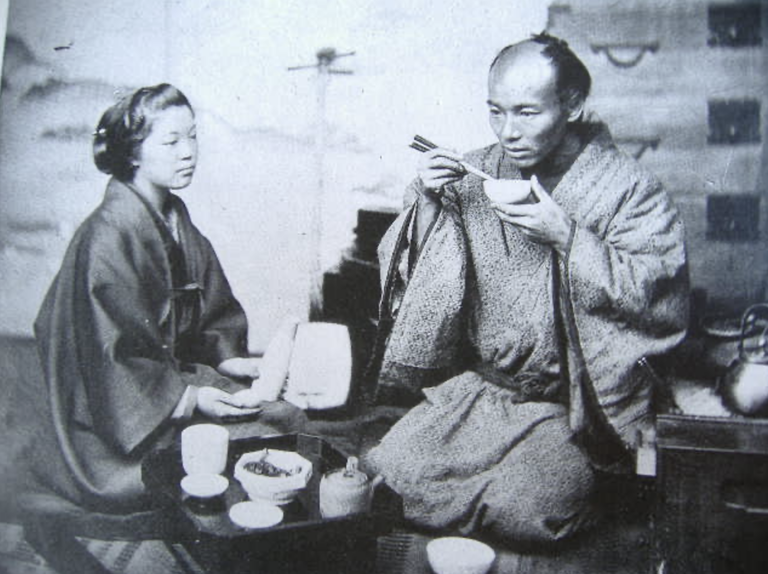What sushi tastes the hottest with wasabi? The mysteries of wasabi.
Sushi and sashimi have spread around the world as quintessential Japanese foods, but many people do not like wasabi. Did you know that wasabi, with its pungent taste that penetrates the nose, is surrounded by many mysteries?
Why add wasabi in the first place?
Towards the end of the Edo period, the last era of the samurai, the current form of nigirizushi became very popular. Wasabi has been used in sushi since that time. It was added to raw fish when eaten because of its antibacterial effects against food poisoning pathogens.
Due to the advancement of preservation methods these days, it is no longer essential. It also helps to remove the fishy smell of the fish, which is essential to maximize the sweetness of the sushi.
If you’re not adding wasabi, maybe you haven’t experienced the true taste of sushi yet?
Wasabi grated in different ways depending on the dish
Did you know that the flavor of wasabi can vary significantly depending on the method of grating it? It can be grated with a ceramic tool or cheese grater, but the flavor will be lost. This is when shark skin is used. It can grate with its coarse skin, but if you want a more pungent taste, you can use “haganezame” (literally meaning “steel shark”, but not derived from shark).
It is the job of the very best sushi chefs to use different ways of grating depending on the fish. This is because each fish has a different degree of pungency.
Wasabi’s pungency changes depending on its compatibility with fish. When the fish is oily, the pungency of wasabi is perceived as weak. Conversely, octopus and squid, which have less fat, produce a stronger pungency, so if you remember those who had a hard time with wasabi, it was probably a less fatty fish.
If you are not a fan of wasabi, start with sushi such as “toro”, which is fatty tuna, so you can enjoy wasabi. This is why the aforementioned idea of grating wasabi differently depends on the dish.
Wasabi for alarms and wake-up calls
There is a person who made fire alarms for the deaf or hard of hearing. They can’t hear the alarm, but they can smell it. When there is a sudden smell of wasabi, they realize that there is a fire! It is noticeable even when sleeping.
This is why some people have created alarm clocks too. Waking up to an alarm clock is unpleasant, isn’t it? However, the aroma of wasabi seems to have an awakening effect on the brain, so you can expect a nice wake-up call.
Unfortunately, it is not mass-produced yet, so you can’t get it, but maybe a little wasabi in your mouth when you wake up would be a good idea.
Incidentally, it has also been shown to help with eye fatigue, shoulder and back pain, and also in reducing stress, so if you have trouble waking up in the morning, please give it a try!
ABE KENGO


